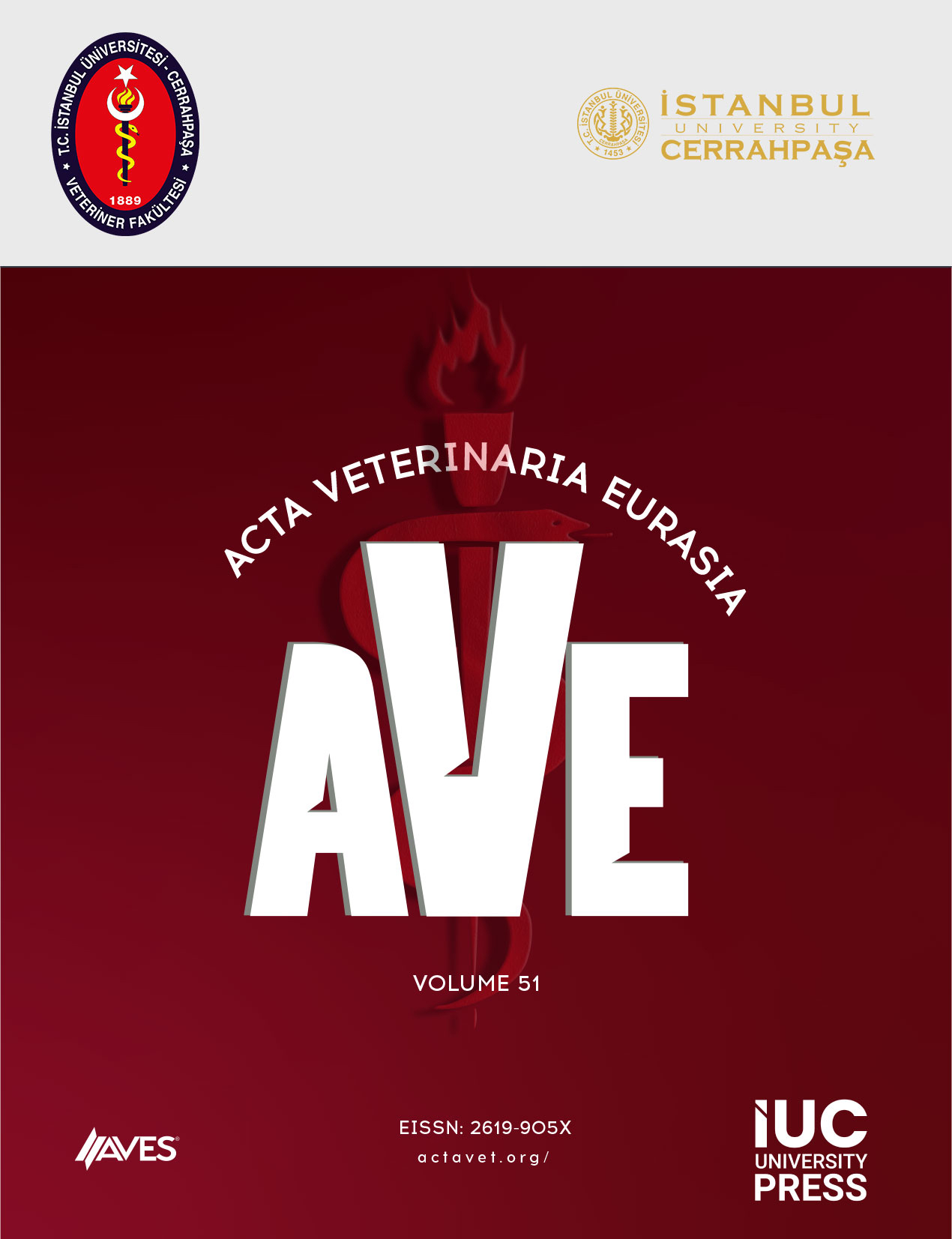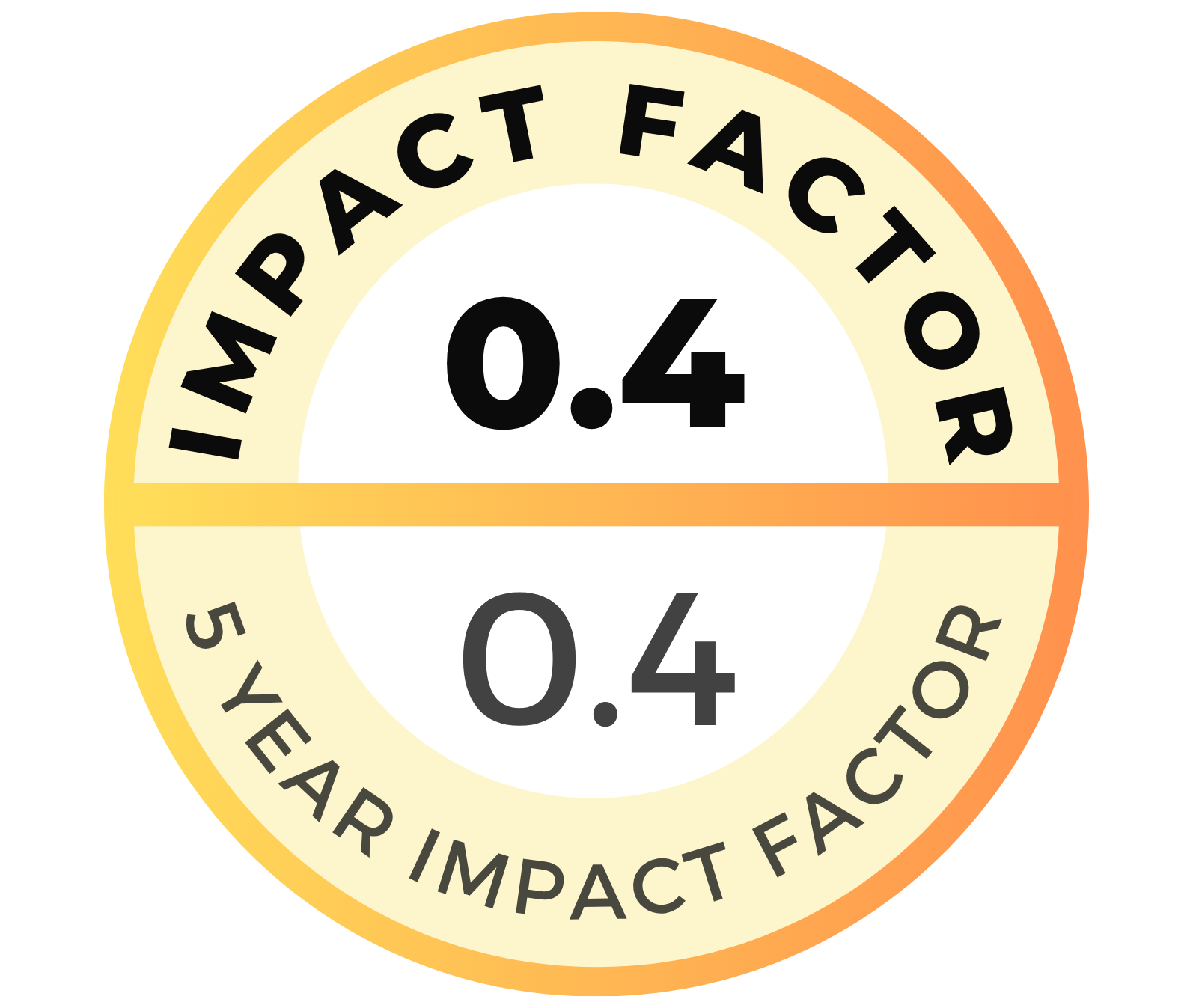The use of morphine and methadone in patients with cancer is a subject of ongoing debate because of their potential to either stimulate or inhibit tumor cell proliferation in various types of cancers. This study investigated the effects of morphine and methadone on the growth of Ehrlich ascites carcinoma, a widely used mouse tumor model. Twenty-four hours after intraperitoneal tumor inoculation (2 × 106 cells), the animals were randomly allocated to one of seven groups (n=8): 5, 7.5, or 10 mg/kg morphine, 2.85, 4.4, or 5.7 mg/kg methadone, and Saline . The treatments were administered subcutaneously at 6-hour intervals over 9 days, with daily evaluations of body weight and abdominal circumference. The animals were then euthanized, and the ascitic fluid was collected for the analysis of fluid characteristics, total volume, tumor cell count, and cell cycle. The volume of the peritoneal ascitic fluid was lower in the 5 and 10 mg/kg morphine- and met-hadone-treated groups than in the Saline group. Both morphine and methadone increased the percentage of cells in the G1 phase than Saline group. This study suggests that morphine and methadone may modulate tumor growth and ascitic fluid dynamics, with potential antiproliferative effects.
Cite this article as: Rusch, E., Bovi, M. F., Raspantini, L. E. R., Martinelli, E. C., Gorniak, S. L., Fukumasu, H., & Carregaro, A. B. (2025). Morphine and methadone reduce ascites and promote cell cycle arrest in mice with erlich’s tumor. Acta Veterinaria Eurasia, 51, 0055, doi: 10.5152/actavet.2025.24055.





.png)